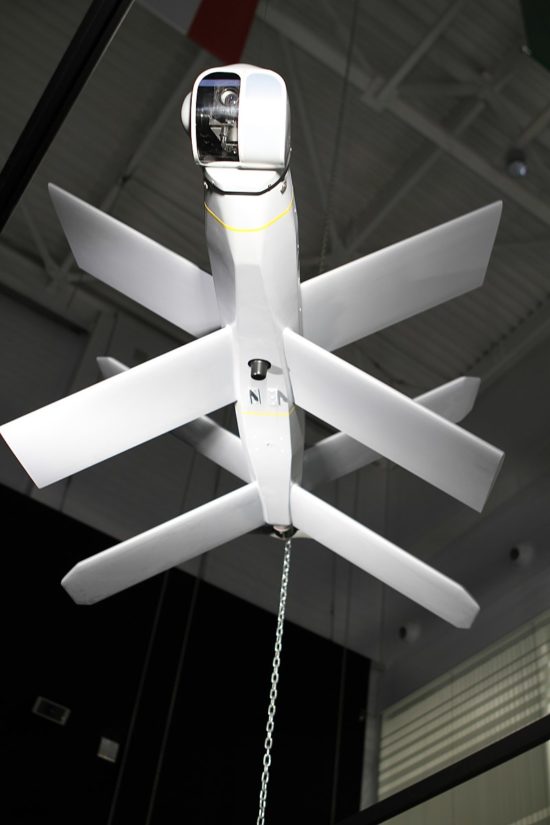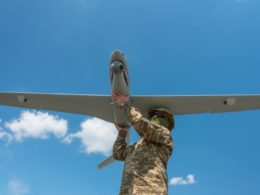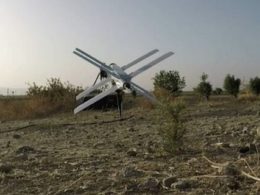At best, sanctions increase the price of components for Russian weapons manufacturers, like the German-made engines for Russian kamikaze Lancet drones, bought at a threefold higher price through a chain of intermediary companies. Ukrainian special services shared some investigation results with the Ukrainian outlet Economichna Pravda.
For example, Ukrainian special services report that the Russian company Legion Komplekt imported engines for Lancets, even after the restrictions were imposed, from the German company Hydro-Funk through a chain of intermediaries. Hydro-Funk didn't respond to Ukrainian journalists.
Roman Steblivskyi, an analyst at the Trap Aggressor project, explained how Russia manages to import sanctioned components. It is relatively easy, given that they are globally available:
"A range of related private suppliers are hovering around the Russian military-industrial complex. Nobody knows their names, therefore, they are not subject to sanctions. The heads of these supplier companies may establish companies in neighbouring countries, for example, Kazakhstan, and order components from Chinese distributors on behalf of these legal entities. Chinese companies, in turn, may purchase from Turkish ones. And Turkish companies – from companies in the European Union. There may be dozens of intermediate links in this chain. The goods eventually end up in Russia, and the producers have no idea how they got there."

According to Ukrainian special services, dozens of Western-made components were found in Russian Lancet drones. Predominantly, they were US-made.
US-made XILINX microprocessors provide image processing, while Nvidia modules ensure target acquisition. The navigation system is based on the Russian GLONASS system, but microchips from the Swiss company U-blox are required to establish communication with satellites.

Ukrainian secret services told Economichna Pravda how chips made by Texas Instruments and Taiwan's Xilinx get into Russia.
A Russian company called VMK acquires electronics from TIL and ATIL – two intermediary companies from Hong Kong and mainland China. The first one was set up by VMK's CEO, Dmitriy Rebus, independently with its registered address at a shopping center. The second one purchases products from the Turkish Turkik Union, which bears all the hallmarks of a shell company and is mentioned in Russian opposition media as a Turkish company supplying Rostec, a Russian state-owned defense conglomerate.
To close these holes in sanctions, it is necessary to sanction not only Russian manufacturers directly but also intermediary companies in the neighboring seemingly neutral state.
Read also:
Ukraine starts utilizing iron decoy equipment to deceive Russian strike drones





